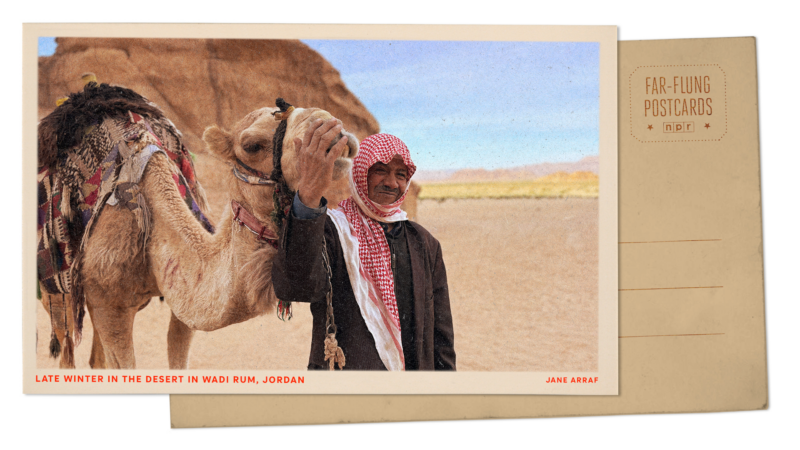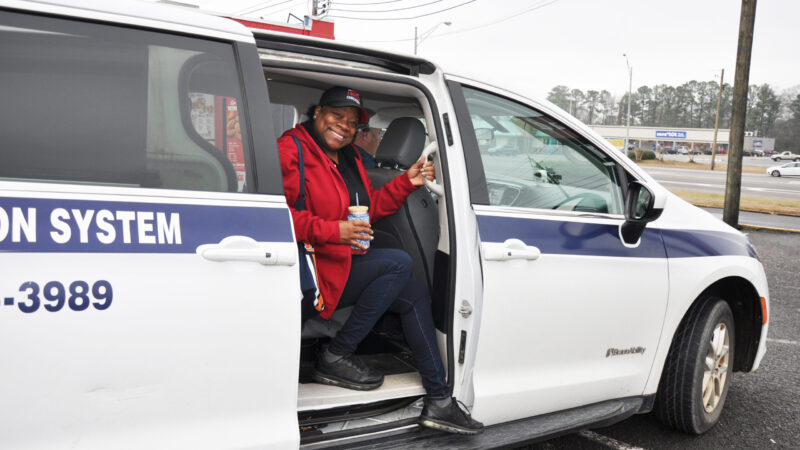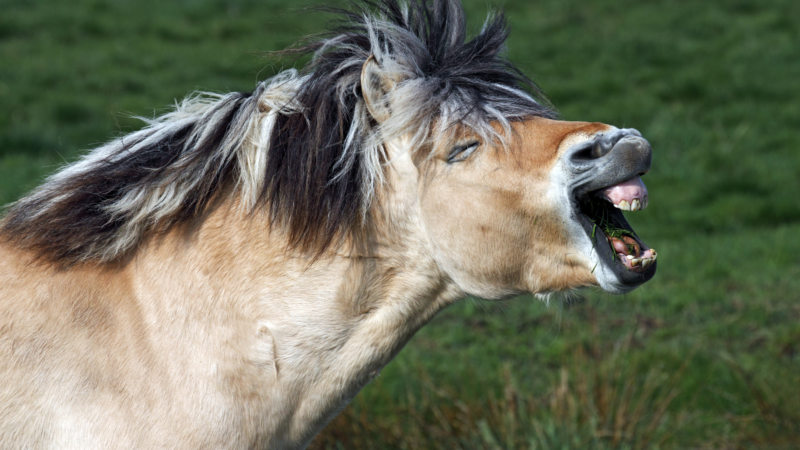Sock Capital of the World


 | Fort Payne — You may know this town as the hometown of the country group Alabama � but did you know there�s a very good chance that the socks on your feet also come from this small, rural town tucked in the Appalachian foothills.
| Fort Payne — You may know this town as the hometown of the country group Alabama � but did you know there�s a very good chance that the socks on your feet also come from this small, rural town tucked in the Appalachian foothills.
As you enter towns, signs proclaim Fort Payne the “sock capital of the world” and on the main street — just down from the Old Opera House — there�s even a Hosiery Museum. John Chambers is a local historian.
“I think one out of every seven socks in the world is made in Fort Payne.”

Socks, in fact, made Fort Payne what it is. Chambers says after the economic bust of the late 1800’s, sock mills, many of them started with just one machine in an owners basement or garage, helped rebuild the town.
“They bought a lot of the land here and then gave it away to hospitals and schools and things like that… just name it and they did it.”
The sock mills still cast a large shadow over this community. There are 85 mills here and almost half of the towns 14,000 residents work in them.
“Now when you hear the machine click-click-click back and forth, it’s making the toe and the heel…”
John Shugart is president of WY Shugart and Sons, which has been making socks for 77 years.
�And there�s your sock!�

Today, 150 knitting machines and 165 employees produce 300,000 pairs of socks a week. It sounds like a lot, but Shugart says many of his fellow mill operators throughout the southeast have had to lay off workers or close shop completely because of the Chinese imports.
“In many cases they can make it, import it, pay the tariffs on it, and pay an agent to bring it in, pay the freight from that country and land it and market it for less than we can make it for.”
That’s due, in part, to wages. Fort Payne mill workers average 8 to 12 dollars an hour, compared to 40-cents an hour in China. For Shugart it�s trying — both professionally and personally. He’s the grandson of the company�s founder.
“because I am a third generation hosiery manufacturer, there’s that feeling of, I don’t want this to happen on my watch. I don’t want anything bad to happen while I’m responsible for what goes on.”

So Fort Payne�s mill owners are taking action — leading the charge for import quotas. Charles Cole owns Alabama Footwear, Incorporated and is chairman of the domestic manufacturing committee for the Hosiery Association � the group that filed the petition to limit Chinese imports.
“Up until 3 years ago virtually 75%, 76% of all socks sold in the United States was manufactured in the Unites States. Just two years later, at the end of 2003, we were down to 40% of the socks that was manufactured in the United States.”
During the same time, Chinese imports — which are subsidized by the Chinese government — went from 462,000 dozen pairs to 22 million dozen pairs. The sock makers petition seeks to cap imports in 2005 to 7-and-a-half percent above the import level of 2004. Beijing-based experts warn the quotas would run afoul of international trade agreements and drive up the price of socks in the US.
If the government decides to consider this new sock petition, it would likely rule shortly before the election — which analysts say could work in favor of domestic producers. Again, Charles Cole.
“You’ve got two factors that create a lot of attention in the election process this time and that’s the war in Iraq and the economy. And with all the job losses that we’ve seen particularly in manufacturing over the past 2 years — some 3 million jobs done away with in manufacturing — then this still hits a nerve among most of the people.”
But Fort Payne’s business leaders say if the government doesn’t offer relief, they’re bracing for the worst. Patty Tucker is the county’s tourism director. This day she’s visiting the now-closed hosiery museum.
“It’s the lifeblood of the community! The payroll, you take that away from this community it would become a ghost town. You know people are going to move away and then we lose the students in the schools, the schools will start shutting down, businesses cannot survive because people will not be here buying groceries, buying gas.”
Perhaps, though, it’s consumers who will really determine the future of the sock industry in the southeast. Just down the road from Fort Payne’s sock mills there’s a WalMart. The parking lot is packed, the cash registers are buzzing and in the clothing section — more than half of the socks are made in China.
~Tanya Ott & Ellen Lichtenstein, July 19, 2004
Surgeon general nominee Means questioned about vaccines, birth control and financial conflicts
During a confirmation hearing, senators asked Dr. Casey Means about her current positions and her past statements on a range of public health issues.
Kalshi reveals insider trading case against editor for MrBeast
With prediction markets booming, so have concerns about insider trading. Now, Kalshi has disclosed its first public actions against accounts suspected of trading on confidential information.
Greetings from Jordan’s Wadi Rum desert, where patches of green emerge after winter rains
Wadi Rum's otherworldly landscape is where Star Wars movies and The Martian were filmed. In late winter, plants emerge in this desert — but some are toxic to camels, so their herders must protect them.
Lack of transportation keeps many Alabamians from working. Rural public transit programs are trying to help
While lack of transportation is a major employment barrier in Alabama, few people take public transit to work. That dynamic is even more pronounced in rural areas.
When a horse whinnies, there’s more than meets the ear
A new study finds that horse whinnies are made of both a high and a low frequency, generated by different parts of the vocal tract. The two-tone sound may help horses convey more complex information.
Hundreds of American nurses choose Canada over the U.S. under Trump
More than 1,000 American nurses have successfully applied for licensure in British Columbia since April, a massive increase over prior years.






